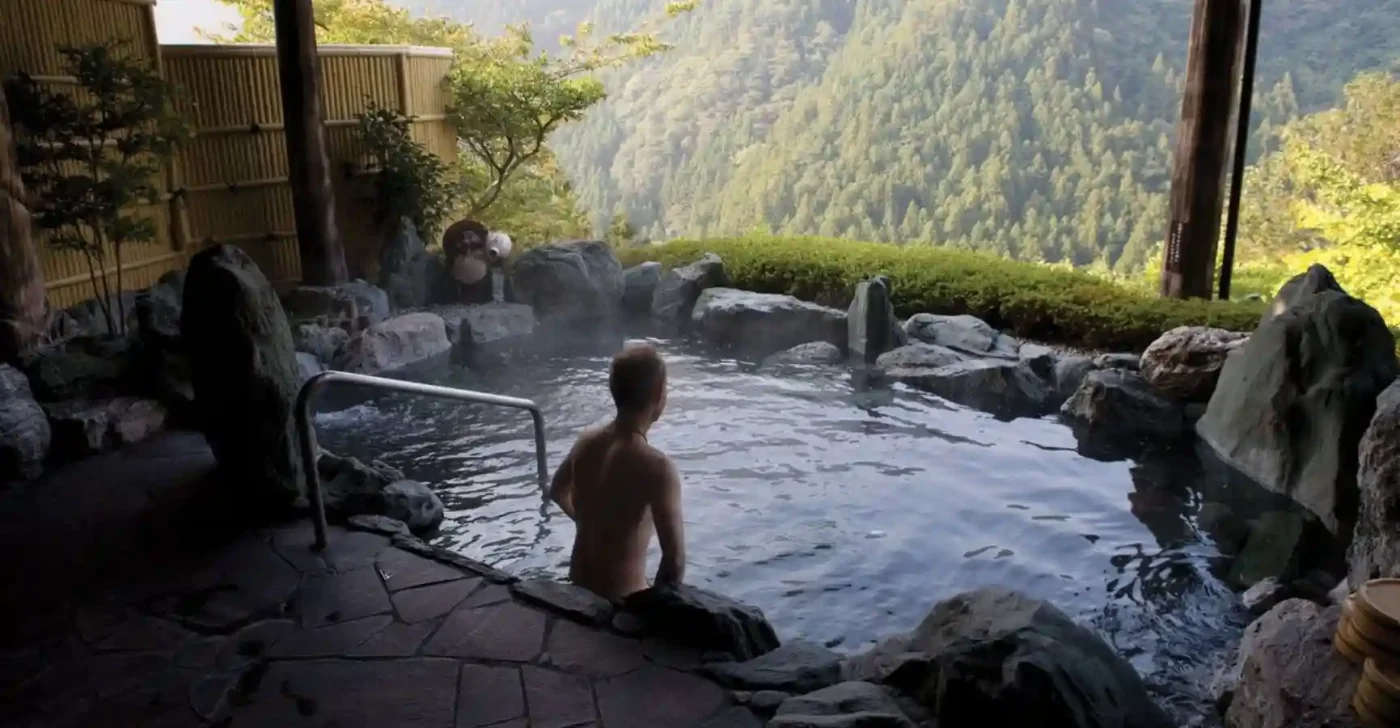A 55-year-old Singaporean man has been arrested in Japan on suspicion of committing indecent acts involving a boy under the age of 18 at a hot spring inn in Niigata Prefecture. The incident, which reportedly occurred on May 14, 2025, has raised concerns about the behavior of foreign visitors in culturally sensitive settings like onsens, traditional Japanese hot spring baths. As investigations continue, questions linger about the implications for Singapore-Japan relations and the safety protocols at such facilities.
Details of the Allegation
The suspect, whose identity has not been disclosed, was apprehended at Niigata train station on the evening of May 16, 2025, following a police report filed a day earlier by someone related to the alleged victim. According to local media, including the Niigata News, the incident took place between 4pm and 5pm on May 14 at a hot spring facility in Tagami town, located in the central prefecture of Niigata. The man is accused of touching the teenager, including his genitals, multiple times without consent while at the onsen inn.
A spokesman from the Niigata Prefectural Police Headquarters confirmed the arrest to regional media outlets. The suspect, reportedly on vacation from Singapore, has denied the allegations. “I only put my hand on the left shoulder of the seated boy to get out of the bath, I did not commit any indecent act” he told the police, as reported by local sources. Authorities have indicated that investigations are ongoing to establish the full circumstances of the incident.
Cultural Context and Public Reaction
Onsens hold a significant place in Japanese culture, often seen as spaces for relaxation and communal bonding, with strict etiquette governing behavior. Physical contact, especially in a non-consensual manner, is considered a serious breach of these norms. While details of public reaction in Niigata remain limited, such incidents involving foreign nationals can sometimes fuel discussions about cultural awareness and the need for better education for tourists visiting Japan.
The case has drawn attention on social platforms, with some users expressing concern about the safety of minors in shared public spaces like onsens. Others have called for clearer guidelines for foreign visitors unfamiliar with local customs. However, without verified sentiment from primary sources, these reactions remain anecdotal and are not indicative of broader public opinion in Japan or Singapore.
Official Response and Diplomatic Implications
The Singapore Ministry of Foreign Affairs (MFA) has been contacted for comment, though no official statement has been released as of the latest updates. The incident could potentially strain bilateral relations between Singapore and Japan if mishandled, though experts suggest it is unlikely to escalate beyond a consular matter. Both nations maintain strong diplomatic ties, and such cases are typically resolved through legal channels without broader political impact.
This is not the first instance of a Singaporean facing legal action in Japan over inappropriate behavior in public baths. In 2024, former diplomat Sim Siong Chye was convicted of filming a naked boy at a public bath in Tokyo. He was fined 300,000 yen (approximately US$2,000 as of May 2025 exchange rates) by a Tokyo court and subsequently dismissed by the MFA in April of that year. While the current case differs in nature, it underscores the importance of cultural sensitivity and adherence to local laws for Singaporeans traveling abroad.
Broader Implications for Travelers
The arrest highlights the need for greater awareness among international travelers about cultural norms and legal boundaries in host countries. Japan, known for its hospitality and structured social customs, often expects visitors to respect local etiquette, particularly in communal spaces like onsens. Incidents involving foreign nationals can lead to stricter regulations or increased scrutiny at such facilities, potentially affecting the travel experience for others.
For Singaporeans, a nation with a reputation for strict laws and orderly conduct, such cases may prompt the government to reinforce travel advisories or cultural education programs. While no specific measures have been announced in response to this incident, the MFA frequently urges citizens to familiarize themselves with local laws and customs before traveling overseas.
Ongoing Investigation and Next Steps
As the investigation unfolds, further details may emerge about the circumstances surrounding the alleged incident in Tagami town. Japanese authorities are expected to proceed with caution, ensuring a thorough examination of evidence before formal charges are laid, if any. The suspect’s denial of the accusations suggests a contested case, and the outcome will likely depend on witness testimonies and any available surveillance from the onsen facility.
For now, the incident serves as a reminder of the complexities of cross-cultural interactions in an increasingly globalized world. Whether this case will lead to broader discussions on tourist behavior or safety measures in Japanese hot springs remains to be seen, but it underscores the delicate balance between personal conduct and cultural respect.
















